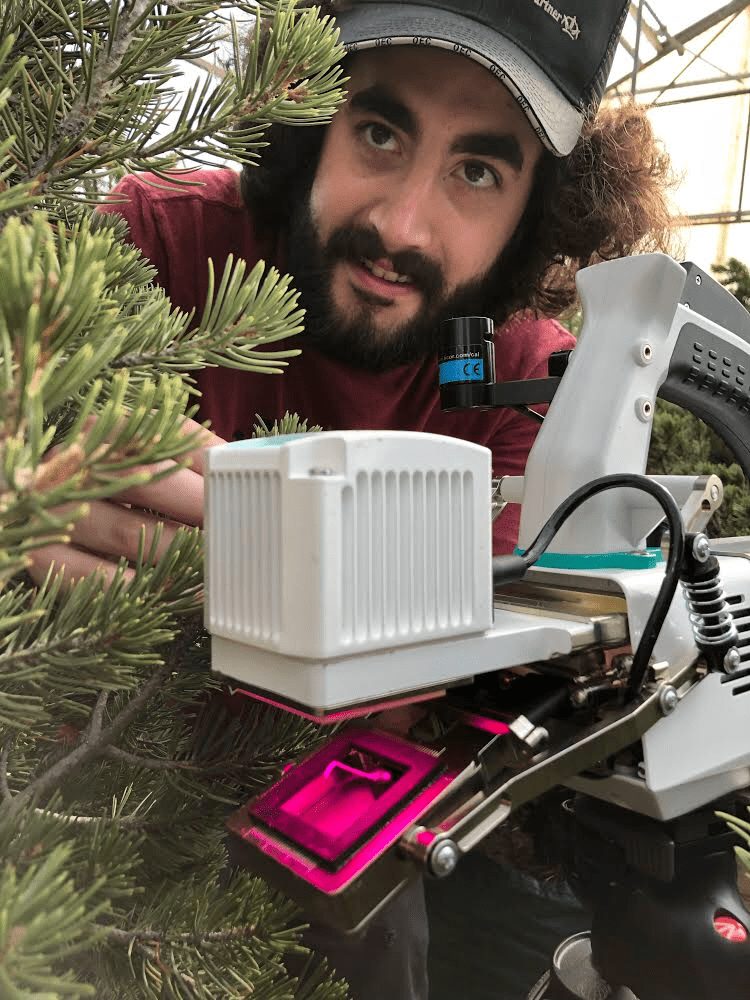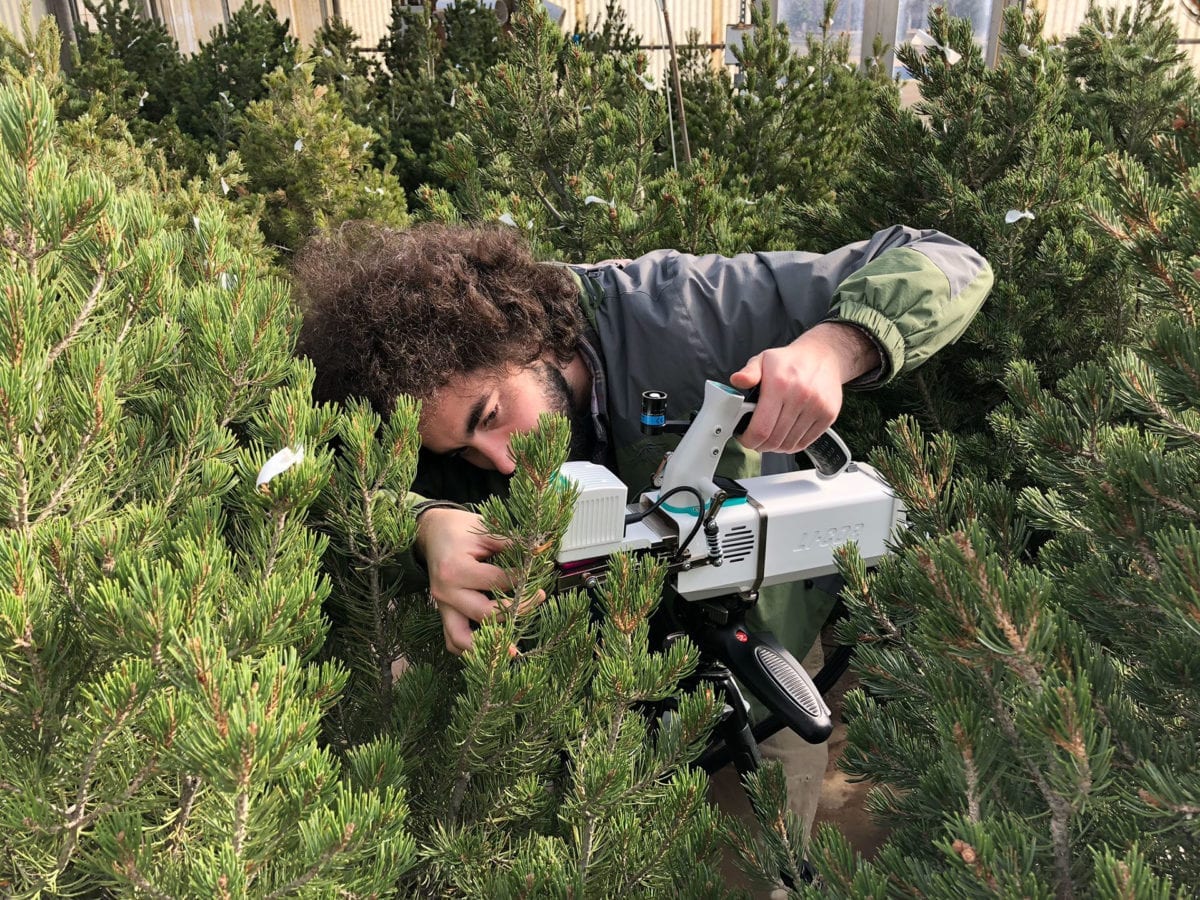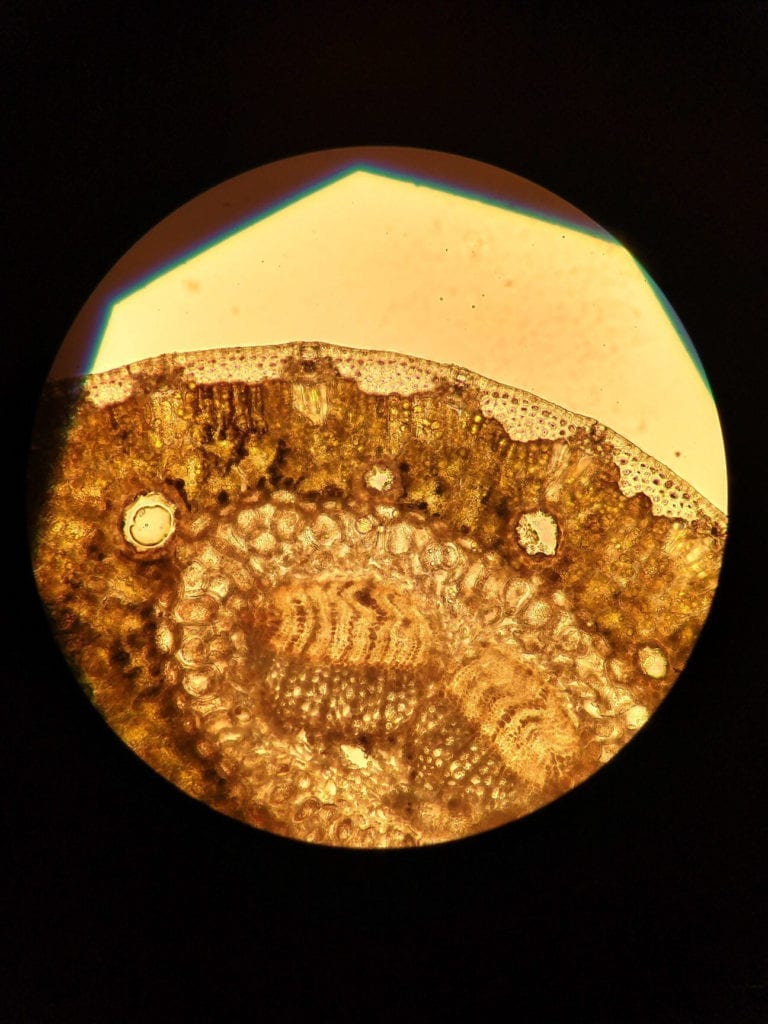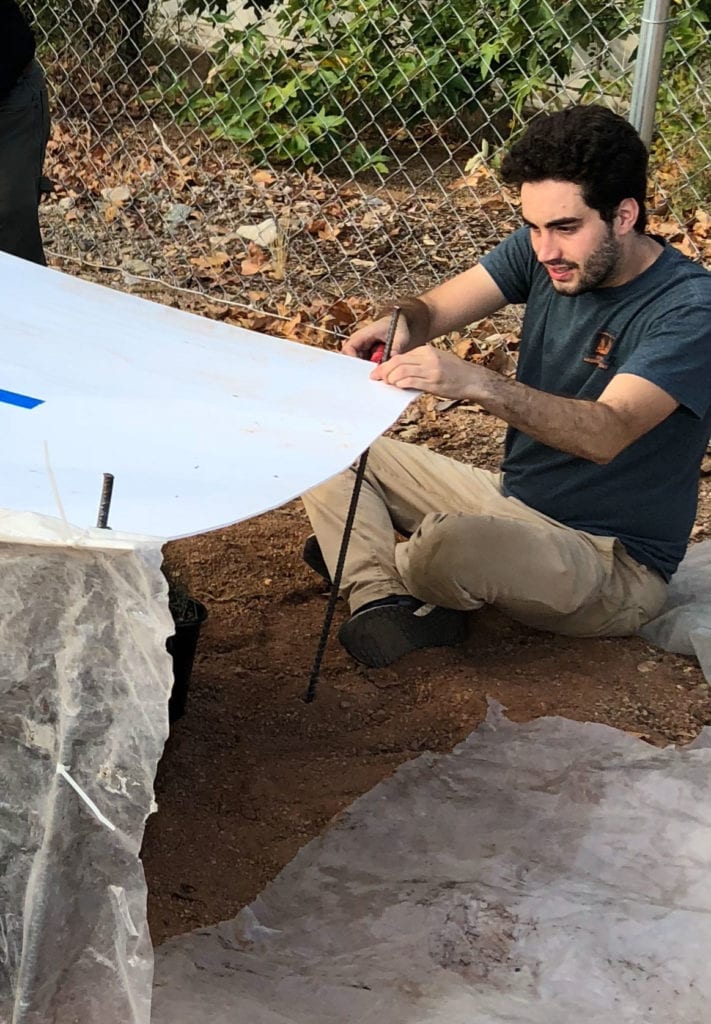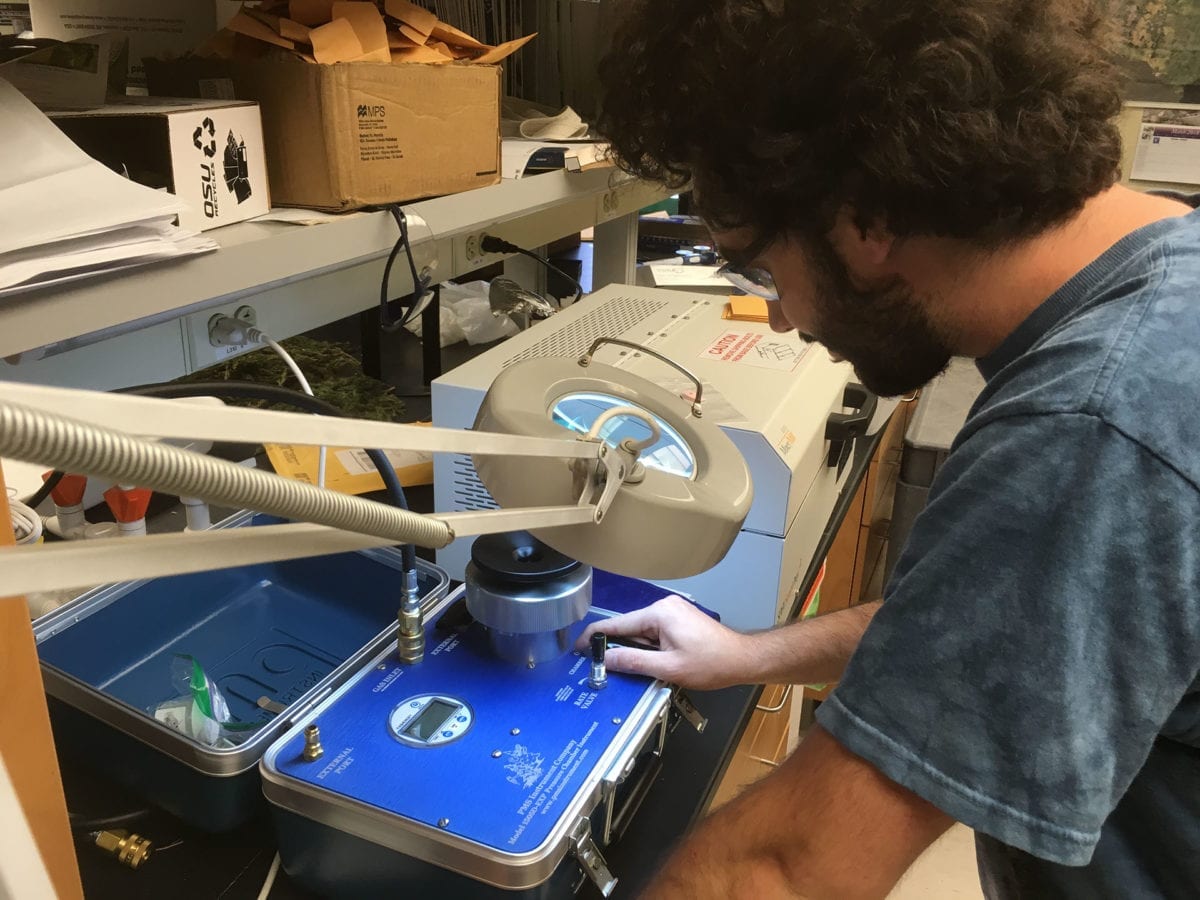In 2019, at only 24 years old, Luke Wilson was awarded a prestigious National Science Foundation Graduate Research Fellowship for his exploration into the way climate change affects specific types of trees. He earned his Bachelor of Science degree in forest ecology and management from Oklahoma State University that same year. Now, he’s making a mark in the science community so profound that the industry’s experts are labeling him a role model for other students and aspiring scientists.
A kid who loved wandering through the woods and soaking in the great outdoors, Wilson spent much of his youth pondering the natural world. His curiosity fueled a growing thirst for answers, which Wilson took with him to OSU after graduating from Norman High School. In his higher education journey, he gravitated to the tough scientific problems, and plunged in head first without reservations. Undeterred by obstacles, Wilson earned thousands of dollars in research-related awards, nabbed a variety of honors, made presentations, and had his research findings published in publications that most grad students only dream about.
“Seeing the droughts of 2011 and 2012 made me curious about trees, as I saw them dying around Oklahoma,” says Wilson. “The ability to do undergraduate research allowed me to investigate how trees die because of drought.”
Apart from his drive and intellectual prowess, Wilson is also respected because of his team-player attitude. He doesn’t hog or hide his findings and collaborates well.
Now, Wilson is focused on pine needle anatomy. He’s working toward an Master of Science degree at the University of Georgia in Athens, with plans to graduate in the summer of 2021.
“I’m trying to better understand how anatomy can predict responses to changes in the environment,” he says. “The last year has been really exciting. The Graduate Research Fellowship Program, funded by the National Science Foundation, has allowed me to work toward a degree with funding, and reduce most financial worry about grad school. It allows me to do some cool science that I design, and focus on making an impact.
Photos courtesy Luke Wilson
“Since moving to Georgia, I’ve become more interested in anatomy. My research directly works with structure-to-function relationships, such as how does a physical structure in a leaf make an impact in how the plant is able to move water from roots to leaves, or take up carbon from the atmosphere. Something about seeing a few cells, or an organ on a plant, and being able to relate that to the status of the plant is exciting. It’s like I’m really seeing why the plant is doing what it’s doing in response to its environment.”
Considering the bigger picture, Wilson believes his research “will answer some lingering questions about leaf physiology, and also inform models at a much larger scale as they rely on these new advances in basic science. More importantly, I think collaborating with other scientists and students, to learn and share from them, is key to making an impact.”
Wilson’s goal is to forge a career into the U.S. Forest Service; the U.S. Environmental Protection Agency; the U.S. Geological Survey; or a university. Whichever he chooses, this Oklahoma-grown scientist has a promising future.
“Not exactly sure about the exact path,” he says, “but I like where this one is leading me.”






















